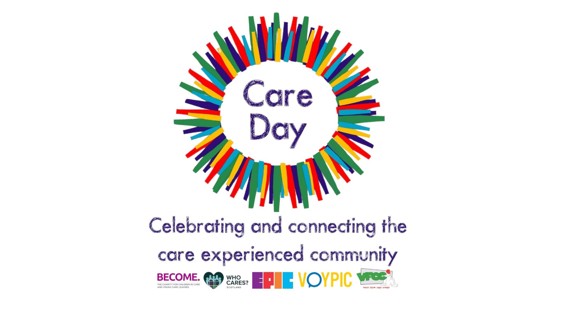Funding for Every Situation
If you are thinking of coming to college, you may be wondering what funding is available to you. Below are some of the options that are available. The funding you are eligible for also depends on various factors, including the course level you plan to study. Our Funding Tool may be able to help point you in the right direction.
Options for adults returning to education
If you are 25 and over, you may be eligible for the Further Education Bursary. This bursary covers allowances towards travel expenses (depending on the distance) and essential study expenses. Students will need to give details of their own income and proof of spouse/partner income, if applicable. Learn more about the Further Education Bursary in the quick guide in the download section of this blog.
Students eligible to continue Universal Credit while studying full-time may qualify for a maintenance allowance of up to £28 a week in addition to any travel and course expenses that are applicable. Most students will not qualify for any benefits while undertaking a full-time course. Please check with the benefits office to confirm the position if you are studying full-time.
If you are a part-time student, then you may be eligible for a fee waiver. A fee waiver depends on your income and benefits you receive. Learn more about the fee waiver for part-time tuition fees.
Part-time students may also qualify for an Individual Training Account (ITA) to help with the cost of their course. You can find out about the ITA on the SDS website. Student Awards Agency Scotland (SAAS) also offer a part-time fee waiver grant depending on conditions. Visit the SAAS website for further details.
If you experience financial difficulty while at college, then you may be eligible to apply for the Student Discretionary Fund.
Learn more about funding options for part-time students.

Options for parents or carers
Students who have a dependent child, are paying for registered childcare costs to allow attendance at college, and have a partner in employment who is unavailable to look after the children, may be eligible for funding for these costs. Childcare costs are paid directly to the childcare provider and not to the student. Full details can be found in the Childcare Funding guide.
If you have children and study a part-time course at HNC and above, then you will not be eligible for the childcare fund. However, these students may be eligible for the Student Discretionary Fund instead to help with childcare costs.
Options for care experienced
The Care Experienced Bursary is available for students who have been looked after at any time in their life by a Local Authority in the UK. For instance, care leavers, foster care, residential care, kinship care, compulsory supervision orders, or adoption. Full details can be found in the Care Experienced Bursary guide.
Options for school leavers
If you are under 18 on the start date of your course and are of school leaving age, then you may be eligible for bursary allowances towards travel and study expenses. You may also be eligible for Education Maintenance Allowance (EMA) but must submit proof of parental income. Students who are without parental support or live out with a reasonable distance to the college, may be eligible for the Further Education Bursary Fund. Learn more about EMA in our guide.
If you are 18 to 24 on the start date of your course, and you live at home, then you may be eligible for the Further Education Bursary. If you do not live at home, you may still be eligible for support. Read more about the Further Education Bursary in our guide.
If you experience financial difficulty while at college, then you may be eligible to apply for the Student Discretionary Fund.
Ready to start your application? View all courses.



